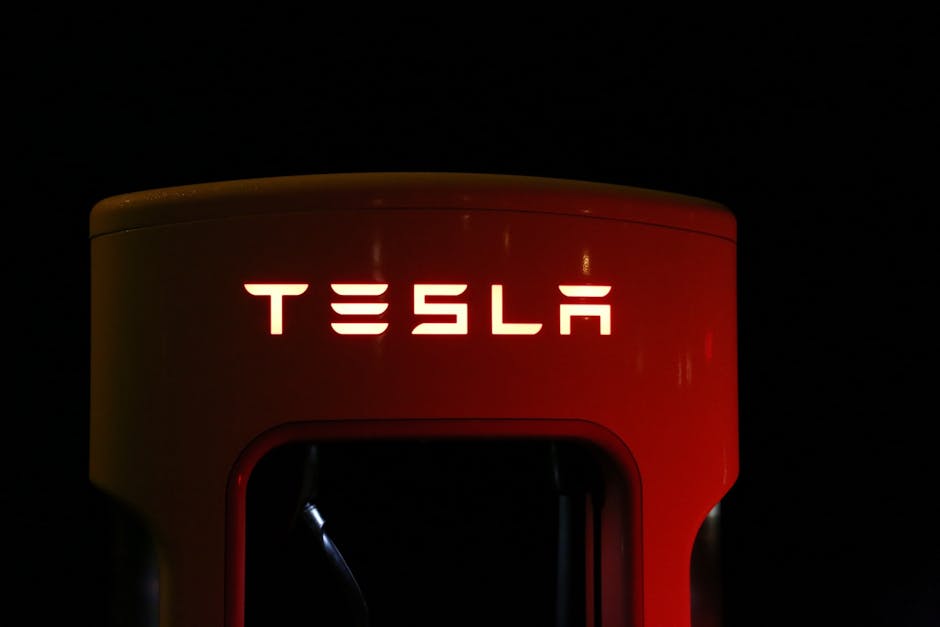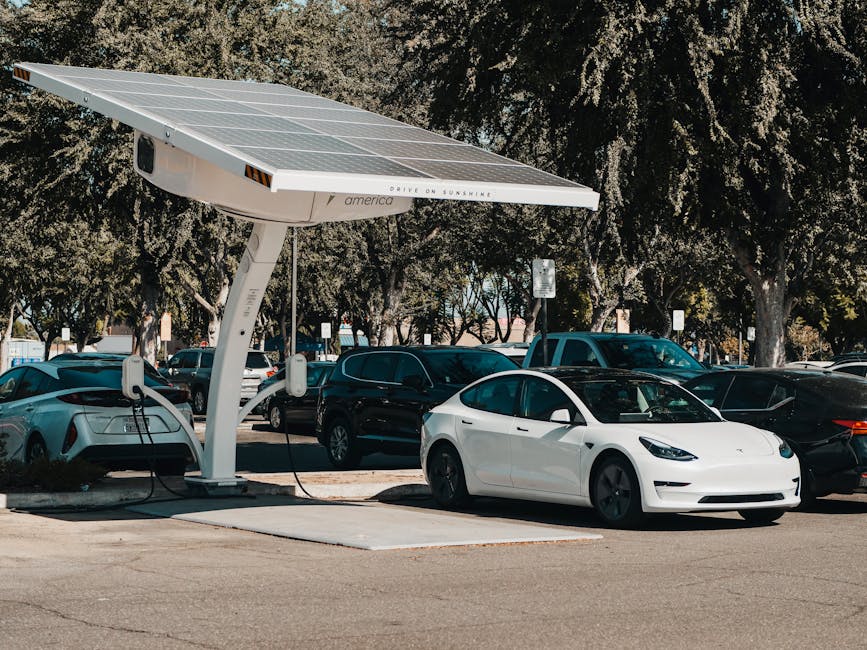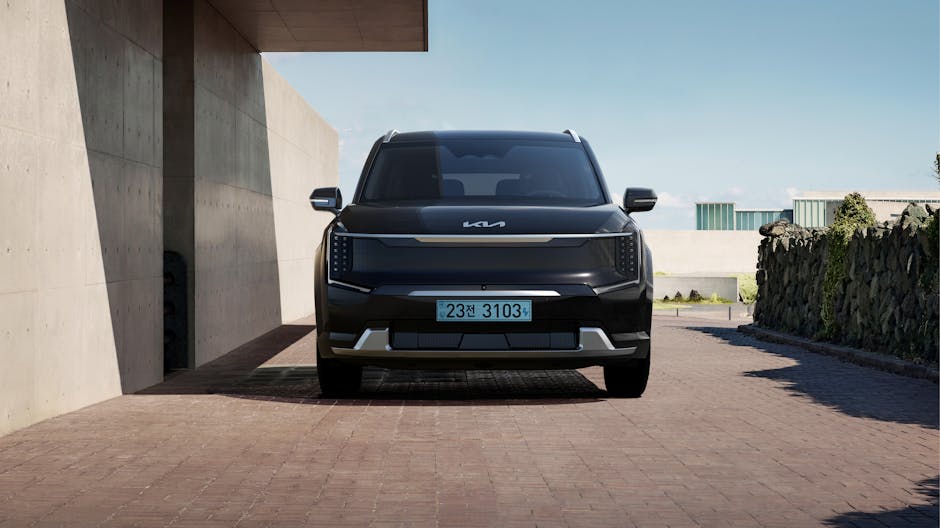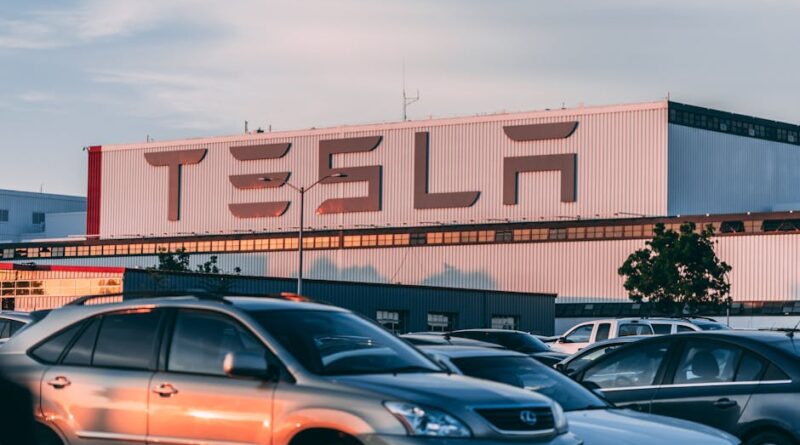Innovations in Electric Vehicles: Pioneering the Future of Transportation
Electric vehicles (EVs) have revolutionized the automotive industry, paving the way for a sustainable and eco-friendly mode of transportation. With advancements in technology, research, and design, the landscape of electric vehicles is rapidly evolving, promising a future that is not only efficient but also environmentally conscious. In this article, we will delve into the world of innovations in electric vehicles, exploring the latest trends, breakthroughs, and challenges shaping the industry.
The Rise of Electric Vehicles: A Brief History

The concept of electric vehicles dates back to the early 19th century, with inventors like Thomas Davenport and Robert Anderson experimenting with electric-powered cars. However, it was not until the late 20th century that electric vehicles gained popularity, driven by concerns over environmental pollution and the depletion of fossil fuels. The introduction of hybrid vehicles, such as the Toyota Prius, marked a significant milestone in the transition towards electric transportation.
Today, electric vehicles encompass a wide range of options, from hybrid cars to fully electric models like the Tesla Model S. Innovations in battery technology, charging infrastructure, and automation have propelled the growth of electric vehicles, making them a viable and attractive alternative to traditional gas-powered cars.
The Role of Battery Technology in Electric Vehicles

One of the key components driving the innovation in electric vehicles is battery technology. The development of high-performance lithium-ion batteries has significantly increased the range and efficiency of electric cars, addressing one of the major concerns of consumers – range anxiety. Companies like Tesla, Panasonic, and LG Chem are investing heavily in research and development to create lightweight, long-lasting batteries that can power electric vehicles for hundreds of miles on a single charge.
Moreover, the advent of solid-state batteries and other next-generation technologies holds the promise of further enhancing the performance of electric vehicles. Solid-state batteries offer higher energy density, faster charging times, and improved safety features compared to traditional lithium-ion batteries, making them a game-changer in the EV industry.
The Future of Autonomous Electric Vehicles

Another major innovation in the realm of electric vehicles is the integration of autonomous driving technology. Companies like Tesla, Google (Waymo), and General Motors (Cruise) are leading the way in developing self-driving electric cars that can navigate roads with minimal human intervention. The combination of electric propulsion and autonomous capabilities is poised to revolutionize the way we commute, reducing accidents, traffic congestion, and carbon emissions.
While fully autonomous vehicles are still in the testing phase, the prospect of a future where electric cars can drive themselves presents exciting possibilities for urban mobility. From ride-sharing services to public transportation, autonomous electric vehicles have the potential to transform the way we travel, making it safer, more efficient, and environmentally sustainable.
Sustainable Materials and Design in Electric Vehicles

Aside from technological advancements, innovations in electric vehicles also extend to sustainable materials and eco-friendly design practices. Automakers are increasingly incorporating recycled and renewable materials in the manufacturing of electric cars, reducing the carbon footprint of the production process. From bio-based plastics to plant-derived composites, the use of sustainable materials not only promotes environmental stewardship but also enhances the aesthetic appeal of electric vehicles.
Furthermore, the emphasis on aerodynamics and energy efficiency in EV design has led to the creation of sleek, futuristic vehicles that are as visually appealing as they are environmentally conscious. Concepts like solar panels integrated into car roofs, regenerative braking systems, and lightweight materials are redefining the parameters of automotive design, setting a new standard for sustainability in the industry.
Challenges and Opportunities in the Electric Vehicle Market
Despite the rapid growth and innovation in the electric vehicle sector, there are still challenges that need to be addressed to accelerate the adoption of EVs on a global scale. Issues such as limited charging infrastructure, high upfront costs, and range anxiety continue to hinder the widespread adoption of electric vehicles, particularly in emerging markets.
However, these challenges also present opportunities for innovation and collaboration among stakeholders in the electric vehicle ecosystem. Governments, automakers, utilities, and consumers are working together to overcome barriers to EV adoption, through incentives, subsidies, and public-private partnerships that promote the transition to a clean, sustainable transportation system.
The Impact of Electric Vehicles on the Environment
One of the key benefits of electric vehicles is their positive impact on the environment, reducing greenhouse gas emissions and air pollution associated with traditional gas-powered cars. By switching to electric vehicles, we can significantly lower our carbon footprint and mitigate the effects of climate change, contributing to a cleaner and healthier planet for future generations.
Moreover, the integration of renewable energy sources like solar and wind power into the electric vehicle charging infrastructure further enhances the environmental benefits of EVs. By harnessing clean energy to power electric cars, we can create a sustainable transportation system that is not only efficient but also in harmony with nature.
The Future of Electric Vehicles: Trends and Predictions
Looking ahead, the future of electric vehicles is bright, with trends pointing towards increased electrification of the automotive industry. As battery costs continue to decline and charging infrastructure expands, the adoption of electric vehicles is expected to soar, with electric cars becoming the norm rather than the exception.
Furthermore, advancements in technologies like artificial intelligence, Internet of Things (IoT), and connected vehicles will further enhance the capabilities and functionalities of electric cars, making them smarter, more efficient, and safer to drive. From electric SUVs to electric trucks and buses, the diversity of electric vehicle offerings will continue to expand, catering to a wide range of consumer preferences and needs.
Conclusion: Embracing a Sustainable Future with Electric Vehicles
In conclusion, innovations in electric vehicles are reshaping the way we think about transportation, offering a greener, cleaner alternative to fossil fuel-powered cars. From advancements in battery technology to the integration of autonomous driving features, electric vehicles are at the forefront of a sustainable mobility revolution that promises to transform our cities and lifestyles.
As we continue to push the boundaries of innovation and technology, the future of electric vehicles looks brighter than ever, with new possibilities and opportunities on the horizon. By embracing electric vehicles and supporting the transition to a zero-emission transportation system, we can pave the way for a more sustainable and environmentally conscious future for generations to come.
So, are you ready to join the electric revolution and drive towards a greener tomorrow?




